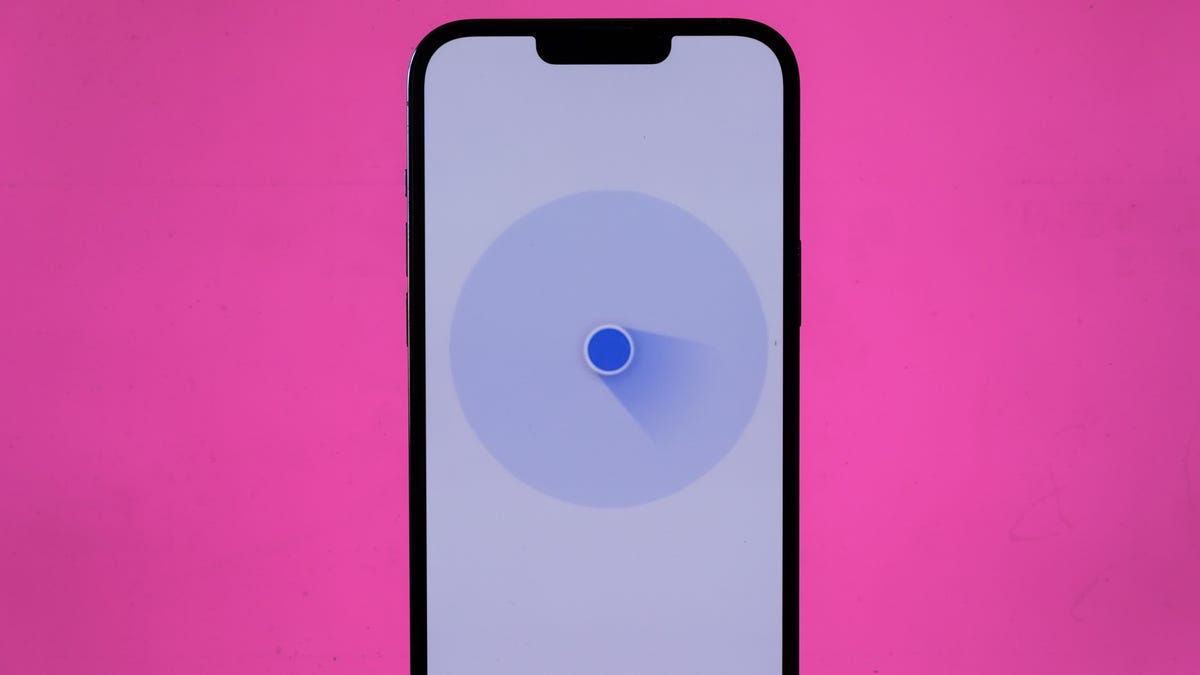Google Urged to Stop Collecting Location Data That Can ID Those Seeking Abortions
That's because the data could potentially be used to prosecute people who have had abortions.

Google retains location data from hundreds of millions of users.
A group of lawmakers has asked Google to stop collecting and retaining location data from its users, as it could be used to identify people who are seeking to obtain abortions. The letter to Google CEO Sundar Pichai, which was published Tuesday, was signed by 42 Democratic and independent senators and members of Congress.
"We are concerned that, in a world in which abortion could be made illegal, Google's current practice of collecting and retaining extensive records of cell phone location data will allow it to become a tool for far-right extremists looking to crack down on people seeking reproductive health care," the letter said.
The letter points out that Google retains location information from hundreds of millions of phones and shares it with government agencies.
If abortion is made illegal, law enforcement agencies could be able to obtain warrants to access people's phone location records from Google, the letter said. "The only way to protect your customers' location data from such outrageous government surveillance is to not keep it in the first place," the letter urged Google.
Google didn't immediately respond to a request for comment.

